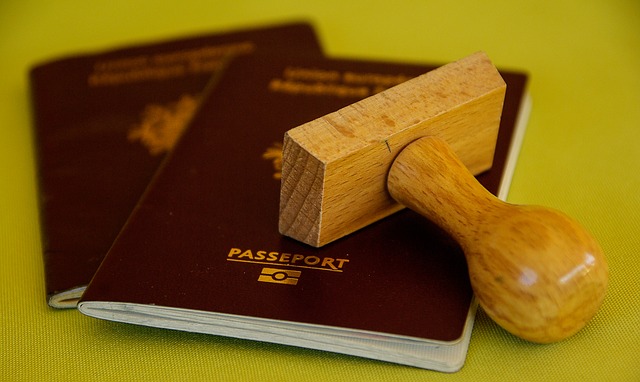Telek and Others vs. Turkey, Nos. 66763/17, 66767/17, 15891/18, ECtHR, (Second Section) 21 March 2023

Recently, the European Court of Human Rights ruled on a case that is emblematic of the discretionary (i.e. arbitrary) exercise of state power in providing limitations to the right to study, specifically post-graduate studies.
In the case of Telek and others v. Turkey, the three applicants, Turkish nationals, worked at several universities in Turkey and were among the signatories of a petition entitled 'We shall not be complicit in this crime', signed by 1,128 academics, who called themselves 'Academics for Peace'.
On the night of 15-16 July 2016, a group of people belonging to the Turkish Armed Forces had staged a coup attempt, resulting in the government proclaiming a state of emergency. In addition, the Council of Ministers had adopted a series of decree-laws that provided, in particular, for the dismissal of civil servants deemed to be linked to the state of emergency or who had had a connection with it, such as, for example, membership, affiliation or association with organizations, structures or groups that the National Security Council had determined were engaged in activities detrimental to the national security of the state.
These decree-laws also provided for the cancellation of the passports of the persons concerned.
On various dates between 2016 and 2017, the three applicants - believed to have links to terrorist organizations to be engaged in activities prejudicial to national security - were dismissed from the civil service and their passports were canceled.
At the time, Telek and Şar were research assistants at Istanbul University. Telek was also enrolled in doctoral studies at the Institut d'études politiques de Paris, where he had been admitted as a research assistant. Mr. Şar had been admitted to a doctoral program at the European University Institute in Florence. Ms. Kıvılcım was a teacher-researcher at the University of Istanbul and was traveling in Germany when her passport was canceled.
Subsequently, the three applicants filed appeals against the decisions to annul their passports, but these were rejected by the administrative courts and the Turkish Constitutional Court.
In May 2019, criminal proceedings were also initiated against Ms. Kıvılcım for signing the petition, but she was acquitted in October 2019, as the criminal court complied with the ruling of the Turkish Constitutional Court in the case Zübeyde Füsun Üstel and others two, in which the High Court had found that the criminal conviction of nine petitioners had violated the right to freedom of expression. In the end, the three petitioners obtained new passports after the entry into force in 2019 of the additional Article 7 to the Passport Act No. 5682.
The action brought before the Strasbourg Court in 2017 was essentially about the alleged violation of Articles 8 and 2P1 of the European Convention on Human Rights. It alleged that the measure adopted by the Turkish Government had caused prejudice to the applicants' private lives by preventing them from pursuing their academic research activities abroad and a violation of their right to education, insofar as it prevented them from pursuing their academic study and research activities in the foreign universities to which they had been admitted.
The Court, in addition to recognizing the significant interference of the annulment of the passport on the private life of the applicants, who had not been able to realize their plans to live and continue their studies and research in foreign universities, considered that this measure caused an important limitation on their right to study, giving a novel and significantly extended interpretation of the same. In particular, for the first time, the European Court of Human Rights recognises that, because of the crucial role they play today in the conduct and progress of scientific research in all fields, advanced specialized studies and research, such as doctoral studies, form an essential part of the right to education, so that the right to study also includes the right to pursue doctoral studies and academic research abroad.
(Commenti by Nadia Spadaro)

